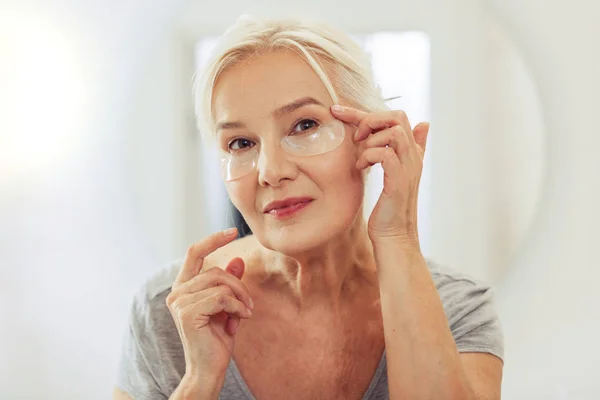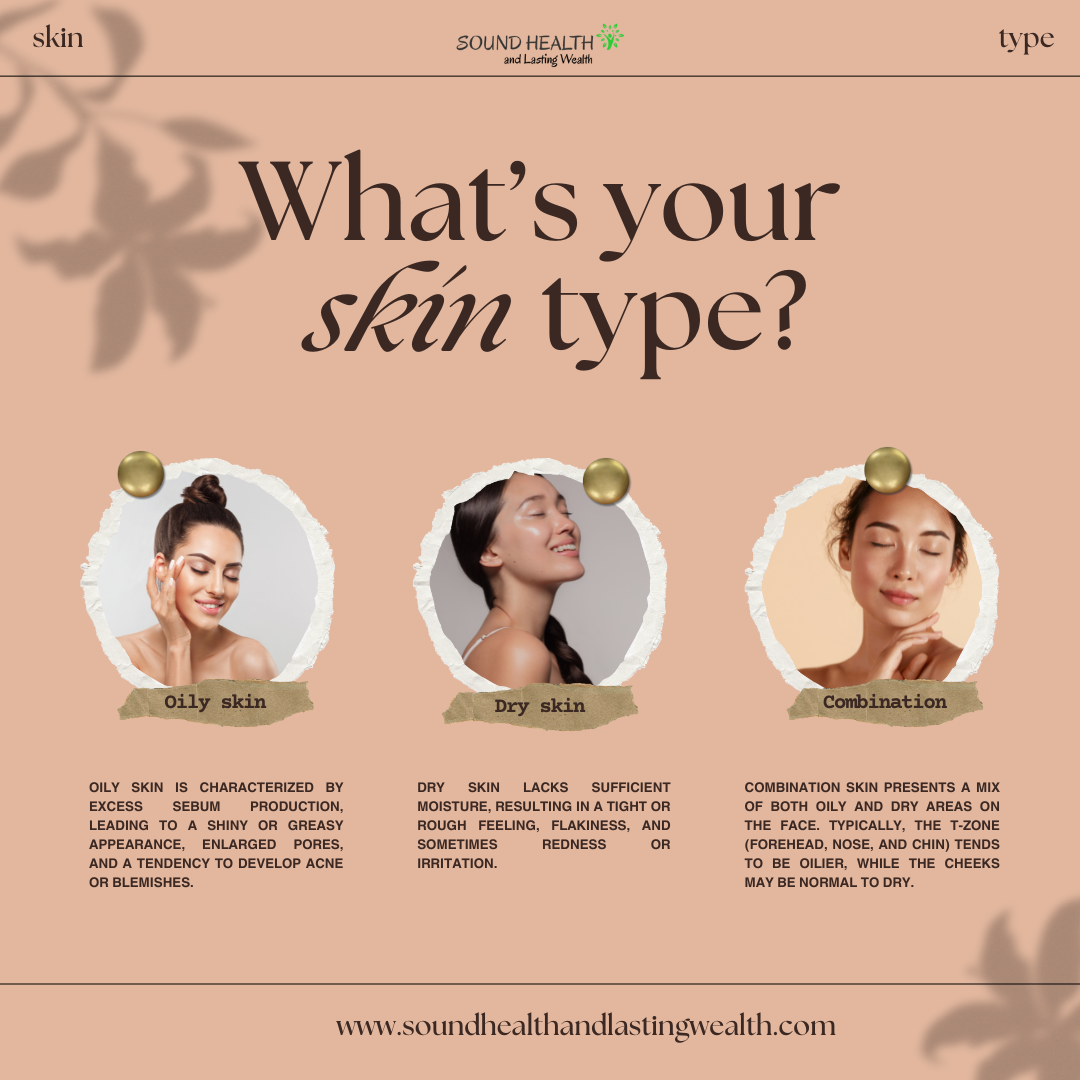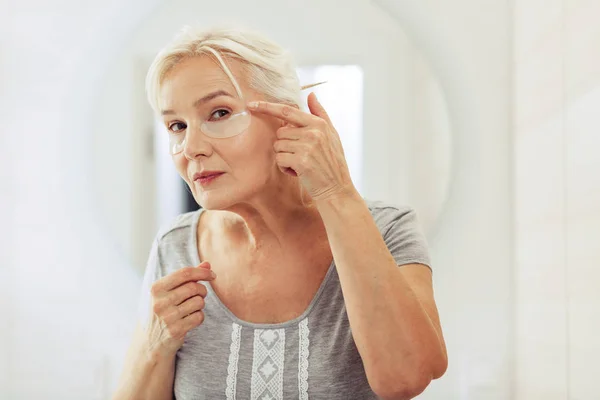Menopause is a significant life transition for women, often accompanied by various physiological changes, including alterations in skin health. As estrogen levels decline, many women experience noticeable changes in their skin type, texture, and overall appearance. This article explores how menopause affects skin types, what happens to each skin type during this transition, and the ideal skincare routines to adopt for healthier skin post-50.

How Does Menopause Affect My Skin Type?
The onset of menopause typically occurs between ages 45 and 55 and is characterized by a dramatic decrease in estrogen levels. Estrogen plays a crucial role in maintaining skin health by promoting collagen production, hydration, and elasticity. As estrogen levels drop, women may notice several skin changes:
- Dryness: Reduced estrogen leads to decreased sebum production, resulting in drier skin that may feel tight or rough.
- Thinning Skin: Collagen loss accelerates during menopause, with studies indicating a 30% reduction in collagen within the first five years. This thinning contributes to sagging and increased visibility of wrinkles.
- Increased Sensitivity: The skin’s barrier function weakens, making it more susceptible to irritants and allergens. Many women report heightened sensitivity or the development of conditions like eczema during this period.
- Wrinkles and Sagging: The decline in collagen and elastin results in more pronounced wrinkles and sagging skin, particularly around the face, neck, and décolletage.
- Changes in Pigmentation: Hormonal fluctuations can also lead to uneven pigmentation or age spots, as well as an increase in facial hair growth due to androgenic effects.
What Happens to Each Skin Type During Menopause?

Different skin types react uniquely to the hormonal changes of menopause:
- Dry Skin: Women with naturally dry skin may find their condition worsens significantly. The lack of moisture retention can lead to flakiness and irritation.
- Oily Skin: Those with oily skin might initially experience increased oiliness due to hormonal fluctuations but will likely transition to dryness as sebum production decreases over time.
- Combination Skin: Women with combination skin may notice that the dry areas become drier while the oily zones may fluctuate unpredictably. This inconsistency can complicate skincare routines.
- Sensitive Skin: For those already prone to sensitivity, menopause can exacerbate reactions to products and environmental factors. Increased redness, rashes, or flare-ups of conditions like rosacea are common.
Understanding these changes is essential for tailoring skincare routines effectively.
@andreadonsky AD Menopause Skin Menopause skin conditions are common. In fact, according to our Morphus research, 47% of women in perimenopause and menopause have dry and itchy skin, and 29% of women in perimenopause & menopause have dull skin. Dry skin ranks #16 and dull skin ranks #50 on the list of our 104 perimenopause and menopausal symptoms. In this video I share 7 tips on how to improve your menopausal skin conditions. Use code Andrea30 for 30% off @iamstripes products excluding bundles. ✨Follow for menopause education, support & laughs.✨ ➡️ My menopause story: @MENOPAUSE EDUCATOR | Andrea D ##iamstripes #menopause #perimenopause #menopauseskin #menopauseskincare #menopausedryskin #menopausedryness #menopauseskincareroutine #menopausesupport #menopauserelief #menopausetruths #menopausejourney #perimenopauseskin #perimenopauseskincare #perimenopausehealth #menopauseeducator #menopausenutritionist ♬ original sound – MENOPAUSE EDUCATOR | Morphus
The Ideal Skincare Routine When Going Through Menopause
To combat the effects of menopause on the skin, dermatologists recommend a comprehensive skincare routine tailored to individual needs:
- Gentle Cleansing: Use mild, hydrating cleansers instead of harsh soaps that can strip natural oils. Look for products with added moisturizers or oils.
- Moisturization: Incorporate rich moisturizers containing hyaluronic acid or glycerin to help retain moisture. Applying moisturizer immediately after bathing can lock in hydration.
- Sun Protection: Daily use of broad-spectrum sunscreen is crucial. UV exposure can worsen wrinkles and pigmentation issues; thus, protecting the skin from harmful rays is vital.
- Active Ingredients: Consider products with retinoids or peptides that stimulate collagen production and improve skin texture. These ingredients can help address signs of aging effectively.
- Hydration Boosters: Use serums or treatments specifically designed for hydration. Products containing ceramides can help restore the skin barrier function compromised during menopause.
- Regular Exfoliation: Gentle exfoliation can aid in removing dead skin cells and promoting cell turnover but should be done cautiously to avoid irritation.

Consultation with Dermatologists: Regular check-ups with a dermatologist are advisable for personalized advice and treatment options tailored to specific concerns such as acne or severe dryness.
By understanding how menopause affects skin health and adopting an appropriate skincare regimen, women can navigate this transition more comfortably while maintaining their confidence and well-being.
Alo Read | 5 Ways Paulina Porizkova Looks Supermodel Slim After Menopause










